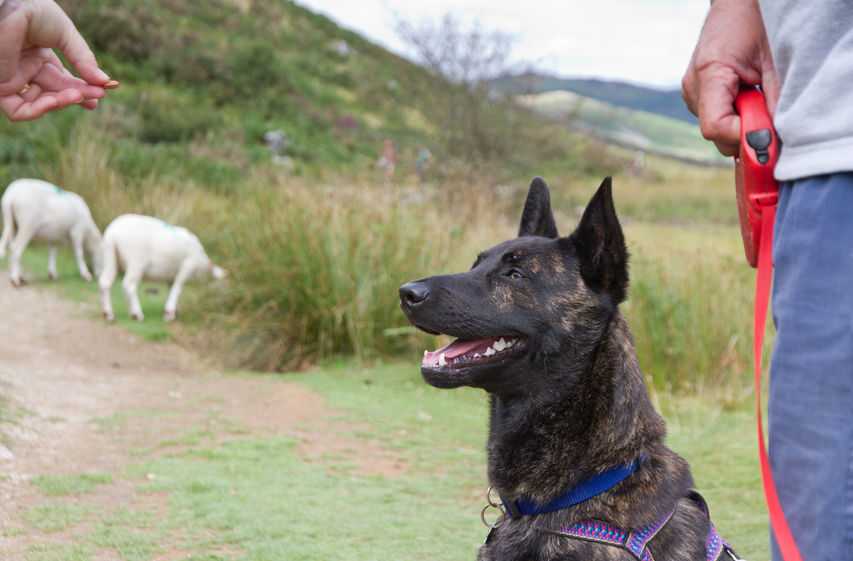
A cross-county police initiative has been launched to close legal loopholes against dot attacks on livestock.
With the lambing season underway, five police Forces (North Yorkshire, Sussex, North Wales, Hertfordshire and Devon and Cornwall) are to take part in the new initiative that could lead to a tightening up of the law against dog attacks on livestock.
Injury to livestock can cost farmers and livestock owners thousands of pounds, but police and countryside campaigners are concerned that there may be gaps in the current laws that make it more difficult to deal with the issue effectively.
This week (21 March 2017) five rural police Forces have joined up with Sheepwatch UK and the Animal Health and Welfare Board for England to launch a special initiative aimed at gathering more information about dog attacks on livestock, and the power of the police to deal with them.
The Forces will look at how livestock attacks are reported, recorded and handled, to assess whether the law needs to be changed or updated.
Definition of livestock
Chief Constable Dave Jones of North Yorkshire Police, who is the national policing lead for rural and wildlife crime, explains: “Our experience of dealing with dog attacks suggests that there are some areas of the current legislation that could be improved.
“For example, the definition of livestock doesn’t cover all the types of animals that we know can be affected. In some cases, the police can’t legally seize a dog that has been involved in an attack, which makes it difficult to prevent the same thing happening again.
“And whilst livestock damage can be extremely costly for the animals’ owner, the maximum fine under law is relatively low and can be disproportionate to the loss. We believe that there may be scope for the law to be tightened up, but we need hard evidence to confirm it.
“Through the initiative we have launched this week, five rural Forces will start to gather more details about dog attacks on livestock so that, if the evidence supports it, we can present a clear case for a change in the law.”
Evidence at House of Lords
The dog attack evidence initiative was launched today (21 March) with an event at the House of Lords in Westminster.
Representatives from the police, together with farming and livestock associations, discussed the issue of livestock worrying and dog control with MPs from the All Party Parliamentary Group for Animal Welfare.
MPs heard that the initiative will last approximately six months with an initial report expected in September.
Meanwhile, police are calling for dog owners to be responsible when out in the countryside and keep their pets on a leash around livestock.
Farmers are urged to report any incident of dog worrying by calling the police on 101.
